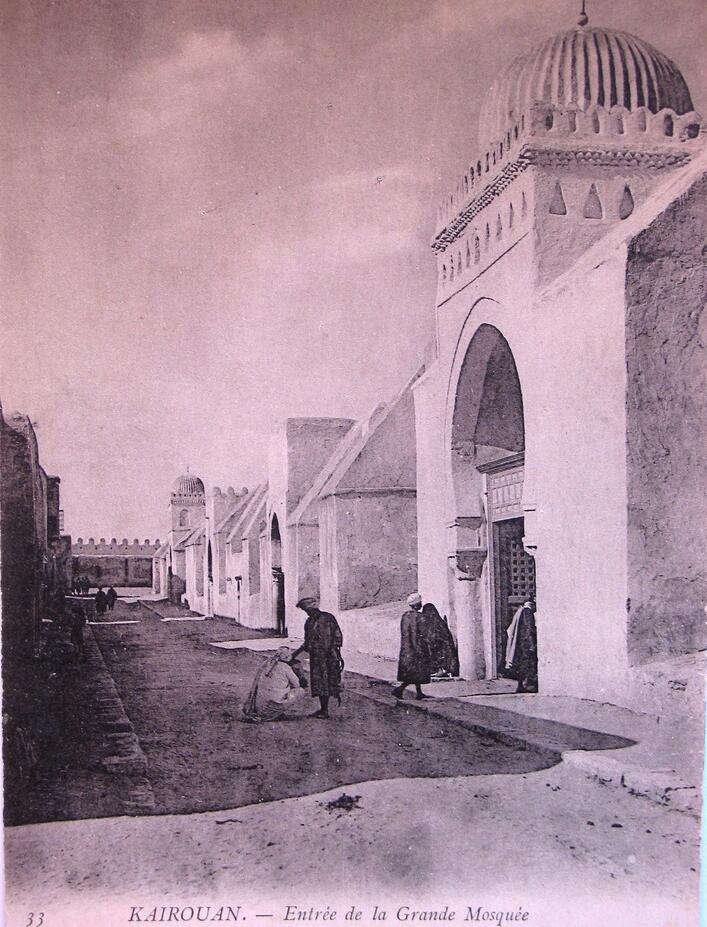Nigeria Social Conditions
Population
With a population of 195.87 million people and an average annual growth of 2.64%, Nigeria is the most populous country in Africa and makes up almost half of the total population of West Africa.
Settlements and cities
According to aristmarketing, about 52% of the Nigerian population live in rural areas, where the majority work in agriculture. The population distribution is different between the north and south of the country. The south-east and south-west of the country are most densely populated. Most of the people here live in the major cities of Lagos, Ibadan, Benin City and Port Harcourt. The north of the country is sparsely populated, with the exception of the greater Kano, Zaria and Kaduna area.
With around 14 million residents, Lagos is the second largest city on the continent and one of the ” megacities ” in the world. The city has the highest population density in the country. How many people actually live in Lagos today is unknown. According to the last census in 2006, which counted nine million people in Lagos, thousands of people flocked to the city every day in the hope of better earning opportunities. However, with a lack of jobs and affordable housing, many people end up as street vendors, domestic servants or beggars in the big city slums.
However, for all its drawbacks, Lagos has a magical appeal. Lagos was the capital of Nigeria until 1991 and was then replaced by Abuja, the “Federal Capital Territory” in central Nigeria. The population of Abuja is around 1.6 million.
Society
With around 400 ethnic groups, life in Nigeria is characterized by great cultural diversity; Enrichment and conflict potential at the same time. The religious subdivision of the population, which is made up of 50% Muslims in the north and 45% Christians in the center and south, regularly leads to tensions and conflicts within the population.
Everyday life
While life in the cities is characterized by modern shopping centers of international standards and traffic chaos on the streets, life in the country is not very luxurious, but it is quiet. Here you will find useful tips and practical information about everyday life in Nigeria.
Traffic routes
In terms of transport, Nigeria is well developed thanks to its oil boom in the 1970’s. As a result of the corruption, however, there is a lack of regular maintenance of the traffic routes.
Road network
The main route of transportation in Nigeria is the road. Around 90% of goods and people are transported by road. The country has a total of 3,500 km of narrow-gauge railways that run from Lagos to Nguru and from Port Harcourt to Maiduguri.
Unfortunately, the roads in Nigeria have so far been mainly car traffic. Cyclists have a hard time in the big cities of Nigeria. However, the discussion among experts has also started here on how to develop alternative mobility concepts and make cities more attractive for cyclists.
Railway network
The railroad tracks were also in a dilapidated condition for a long time. The railway Lagos-Kano was 2013/14 after 50 years with Chinese help companies re- set maintenance. Kano, Nigeria’s second largest city in the north of the country, can now be reached from Lagos in 31 hours.
On 26 July 2016, 16 years after the Chinese company was contracted to build, opened President Muhammadu Buhari, the railway line Abuja-Kaduna. Since then, the use of the railway line has been very popular with Nigerians: they particularly appreciate the comfort and the comparatively low ticket prices.
Waterways
The waterways are still important. Over 8,600 km of waterways are available for inland waterway transport, of which only around 3,800 km are seasonally navigable. The main overseas ports are Lagos, Warri, Port Harcourt and Calabar. The port of Lagos is very congested and constantly congested.
Air traffic
The air route is also becoming increasingly important. Next to the international airports of Lagos, Abuja, Kano, Port Harcourt and Enugu. Nigeria owns 23 other airports for domestic air traffic.
National symbols
National coat of arms
The national coat of arms of Nigeria consists of a shield, divided in three by a Y-piece, with a red eagle sitting on it. The base consists of a sea of flowers in the national colors of green and white and the inscription “Unity and Faith, Peace and Progress”, the motto of Nigeria. The Ypsilon stands for the confluence of the Benue and Niger rivers. To the right and left the shield is supported by white horses that stand on their hind legs.
Country flag
The national flag consists of three vertical stripes of equal size (green-white-green). Green symbolizes agriculture; White stands for unity and peace.
National anthem
The Nigerian national anthem “Arise, O Compatriots, Nigeria’s Call Obey” can be heard and read here.



